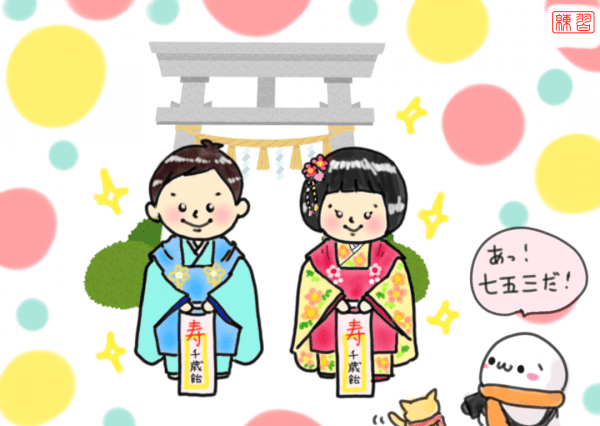Let's A (together, polite); Would you like to A; Won't you A?

一緒に写真を撮りませんか?
Would you like to take a picture together?
25
明日、一緒に映画を見ませんか。
Would you like to see a movie together tomorrow?
0
16
居酒屋に飲みに行きませんか?
Would you like to go to a pub and have a drink?
0
10
コンサートチケットを2枚手に入れたので、私と一緒に行きませんか。
Since I got a hold of 2 concert tickets, won't you go with me?
0
23
貴方のナイフを貸して呉れませんか。
Will you lend me your knife?
0
17
一緒に田舎にドライブに行きませんか。
Would you like to go for a drive together through the countryside?
0
12
此の着物を着てみませんか。
Would you like to try wearing this kimono?
0
3
何か飲みませんか。
Would you like something to drink?
0
2
山でキャンプを為ませんか。
Would you like to camp in the mountains?
0
11
後で家に寄りませんか。
Would you stop by the house after?
0
Getting the sentences
List

ませんか
ましょう
ましょうか
ましょう
ましょうか
In this lesson, we will look at a few different ways to invite someone to do something with us.
~ませんか
おちゃ を のみませんか。
いちじ に ひるごはん を たべませんか。
としょかん で ほん を よみませんか。
The first kind of invitation we will look at is the most polite, and uses the negative verb ending ません that we already learned, plus the question particle か.
The first kind of invitation we will look at is the most polite, and uses the negative verb ending ません that we already learned, plus the question particle か.
This is kind of similar to the phrase “won’t you…?” in English. For example, the Alphabet Song ends with the line “next time won’t you sing with me?”
You can use all the particles we have already learned in your invitation as well to make them as specific as you want.
This would be “Would you like to have some tea?”
This would be “Would you like to have lunch at 1:00?”
And this would be “Would you like to read books at the library?”
~ましょう
~ましょうか
~ましょうか
およぎましょう
およぎましょうか
およぎましょうか
テニス を しましょう。
さん じ に いきましょうか。
しゃしん を とりましょうか。
The next type of invitation we will look at is still polite, but not quite as formal as ませんか. This uses a new variation on the ます form, ましょう. You can also add the question particle か to the end.
The next type of invitation we will look at is still polite, but not quite as formal as ませんか. This uses a new variation on the ます form, ましょう. You can also add the question particle か to the end.
You will conjugate this form the same way you would any polite verb, but you will end with ましょう instead of ます or ません.
Using ましょう more closely aligns with the English phrase “Let’s …”, while ましょうか is more like “Shall we…?”
So およぎましょう would be “Let’s swim!”, while およぎましょうか would be “Shall we swim?”
Just like with our other invitations, you can use ましょう and ましょうか with all the other particles we have learned.
So this would be “Let’s play tennis!”
And this would be “Shall we go at 3:00?”
You can also use ましょうか to offer assistance.
For example, if you are offering to take a photo of someone, you can say しゃしんをとりましょうか, which you can translate as either “Shall I take a photo (of you)?” or “Would you like me to take a photo?”
To recap, the suffix ませんか can be used for polite invitations.
To recap, the suffix ませんか can be used for polite invitations.
ましょう is the most casual, and is closer to “Let's ..”, and ましょうか (“Shall we ..”) falls in the middle.
Construction
(Elements in parentheses are optional.)
Basic Examples:
食べませんか (Won't you eat?)
Related Expressions
ましょう
Where this grammar is found
Grammar usage notes
This suffix can be added to ください to say "Won't you please ... "
英語を勉強したいから、たろ様が私の先生になって下さいませんか。
I want to learn English, so won't you please become my teacher?
英語を勉強したいから、たろ様が私の先生になって下さいませんか。
I want to learn English, so won't you please become my teacher?
Questions/Discussion
Nothing posted yet!